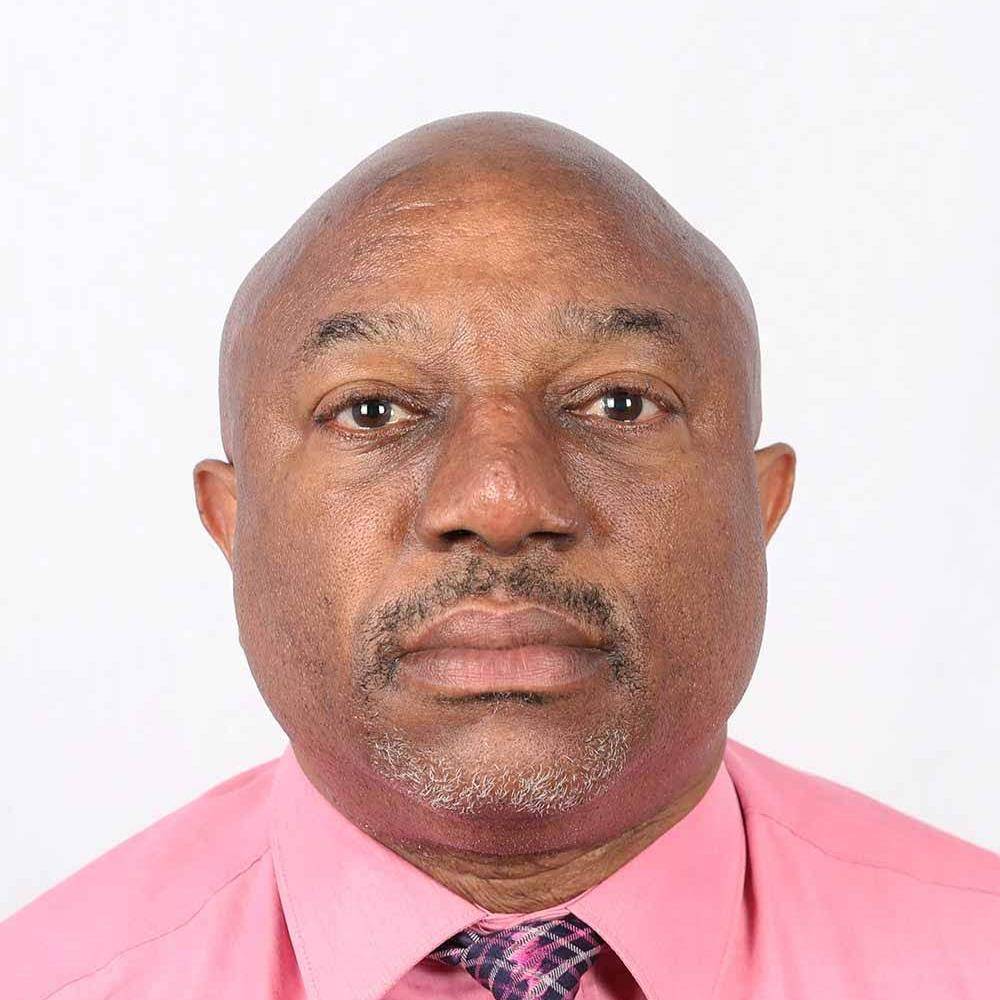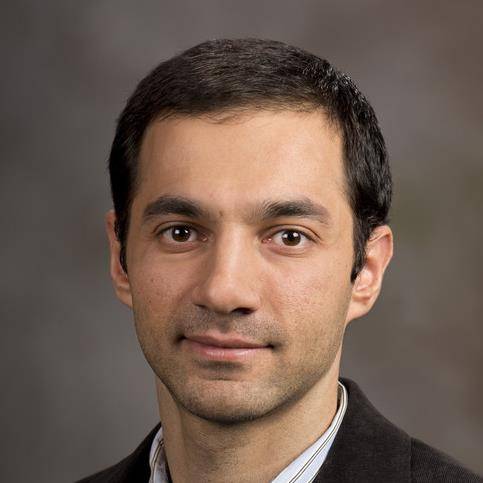Bridging the Infrastructure Gap: Tools for Resilient Investments in Infrastructure for the Caribbean and beyond.
Canada Caribbean Resilience Facility (CRF) Key Initiatives; Cutting-Edge Tools and Methodologies for Emergency Preparedness, Recovery and Infrastructure Resilience; Integration of Disaster Risk Assessments; Role of Public Financial Management in Disaster Risk Management The session explored multiple initiatives through which the Canada Caribbean Resilience Facility (CRF) enhanced disaster preparedness and infrastructure resilience in the Caribbean. It delved into cutting-edge tools and methodologies that assessed and enhanced emergency preparedness, sped up recovery, and built resilient infrastructure. The session also discussed how integrating disaster risk assessments into public infrastructure planning could safeguard national growth and protect vulnerable populations. Additionally, the session highlighted the critical role of public financial management in building resilience and discussed innovative approaches to integrate disaster risk considerations into Public Investment Management and Public Asset Management. Canada Caribbean Resilience Facility (CRF) Initiatives The session provided a comprehensive overview of the CRF’s goals and objectives in the Caribbean, including its strategic framework and key areas of focus. Presenters shared examples of specific projects where CRF initiatives significantly impacted disaster preparedness and resilience. These examples highlighted successful implementations and lessons learned. The session also covered how CRF collaborated with regional governments, NGOs, and international organizations to enhance disaster resilience, including joint ventures, funding mechanisms, and community engagement strategies. Cutting-Edge Tools and Methodologies Advanced tools for emergency preparedness and to speed up recovery were discussed. Additionally, techniques for rapid damage and needs assessment post-disaster were discussed, emphasizing quick and efficient responses. The role of drones, satellite imagery, and mobile applications in enhancing disaster response and coordination was highlighted. Building resilient infrastructure was another key topic. Presenters discussed climate-resilient construction techniques that could withstand extreme weather events and other climate-related impacts. The incorporation of green and sustainable practices in infrastructure projects to promote long-term resilience and sustainability was also explored. Integration of Disaster Risk Assessments The session emphasized the importance of embedding disaster risk assessments into the planning and development stages of public infrastructure projects. This approach ensures that resilience is built into projects from the outset. The discussion included how proactive disaster risk management contributes to sustained national development and economic stability. Approaches to prioritize and address the needs of vulnerable communities were also covered, ensuring equitable resilience and protection for all societal segments. Role of Public Financial Management in Building Resilience The session underscored the importance of effective Public Financial Management (PFM) systems in enhancing resource allocation for disaster preparedness and response. Innovative approaches in Public Investment Management were discussed, including risk-informed investment planning. This involves incorporating disaster risk considerations into public investment strategies to mitigate potential losses and enhance resilience. Strategies for maintaining and protecting public assets from disaster risks, ensuring their longevity and reliability, were also highlighted.
Enhanced Understanding and Awareness Participants gained a deeper understanding of the various initiatives and strategies employed by the CRF to enhance disaster preparedness and resilience in the Caribbean. The session increased awareness of the importance of integrating disaster risk assessments into infrastructure planning and public financial management. Knowledge Sharing and Capacity Building The session facilitated the exchange of knowledge and best practices among participants, fostering capacity building and skill development in disaster risk management. Local stakeholders were empowered with the tools and methodologies to effectively assess, prepare for, and respond to disasters. Strengthened Partnerships and Collaboration Participants identified new opportunities for collaboration between governments, NGOs, international organizations, and the private sector to enhance disaster resilience. The session strengthened partnerships aimed at implementing and scaling successful CRF initiatives across the Caribbean region. Policy and Planning Advancements The session developed actionable recommendations for policymakers to integrate disaster risk considerations into public investment and asset management. It promoted policy frameworks that support sustainable and resilient infrastructure development, safeguarding national growth and protecting vulnerable populations. Enhanced Public Financial Management Participants improved their understanding of the role of public financial management in disaster resilience, leading to better allocation of resources and more effective disaster response mechanisms. The session encouraged the adoption of innovative PFM practices that integrate disaster risk considerations, ensuring financial sustainability and resilience. Overall, the session fostered a comprehensive and collaborative approach to disaster resilience in the Caribbean. It leveraged the expertise and resources of the CRF and its partners to build a safer and more resilient future for the region. Participants left with a greater understanding of the critical elements of disaster preparedness and resilience, ready to implement these insights in their respective roles and communities.
Organized by: Canada Caribbean Resilience Facility, GFDRR, World Bank





